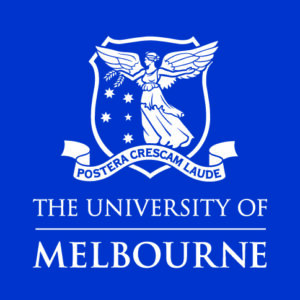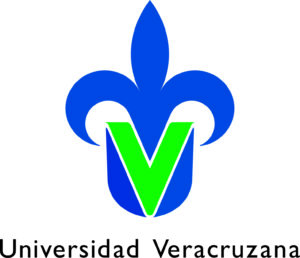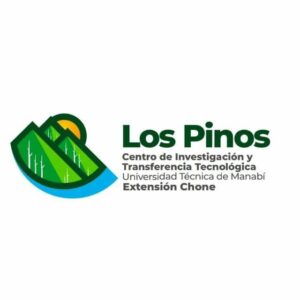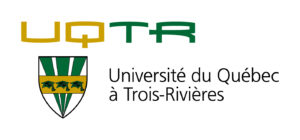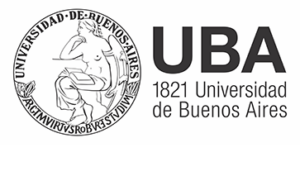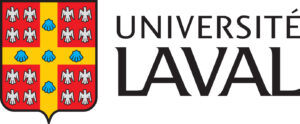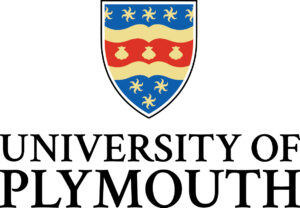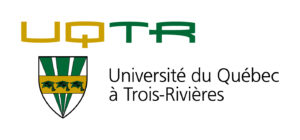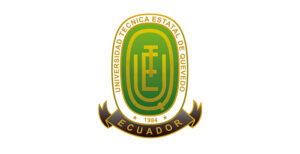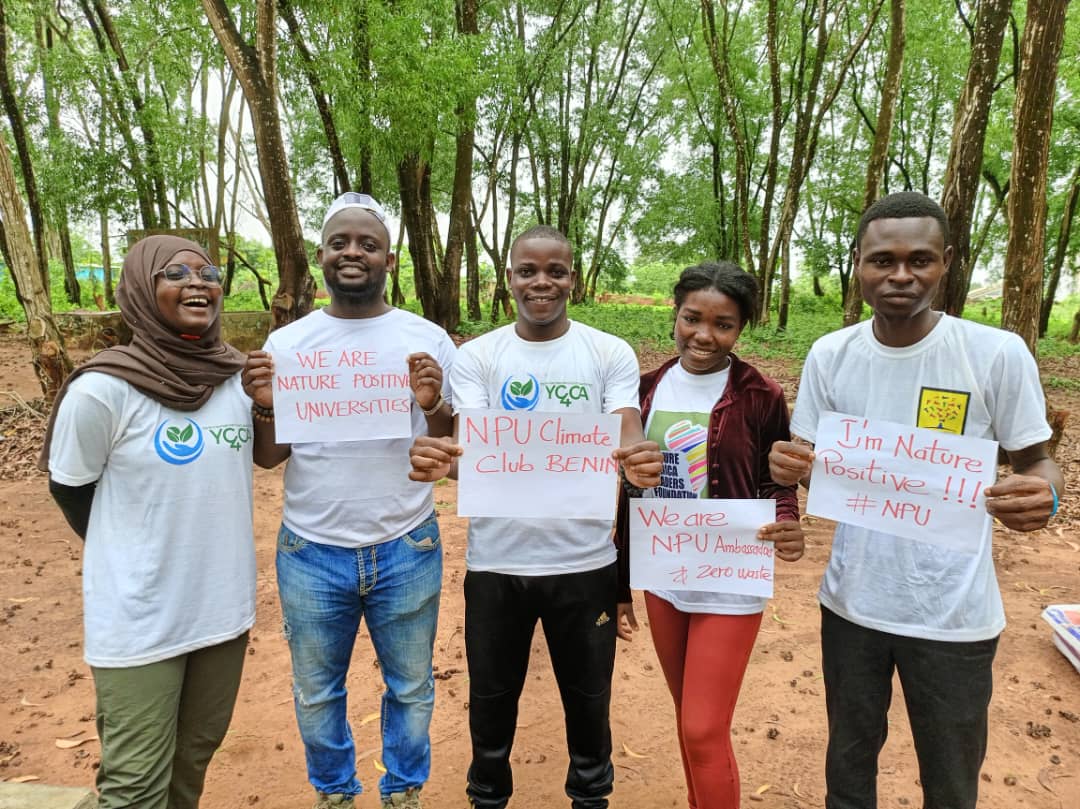Our Purpose
We are a growing network of people from over 500 higher education institutions across the world, working together to promote nature on our campuses, in our supply chains and within our cities and communities. We were founded by UNEP and University of Oxford in partnership with the UN Decade on Ecosystem Restoration.
We depend on nature for our survival, and nature depends on us. This is a critical time to stand up for nature. We believe that universities can use their power and influence to help lead their communities on a Nature Positive journey, uniting both the climate and biodiversity crises to build more resilient ecosystems, help nature recover and limit climate change.
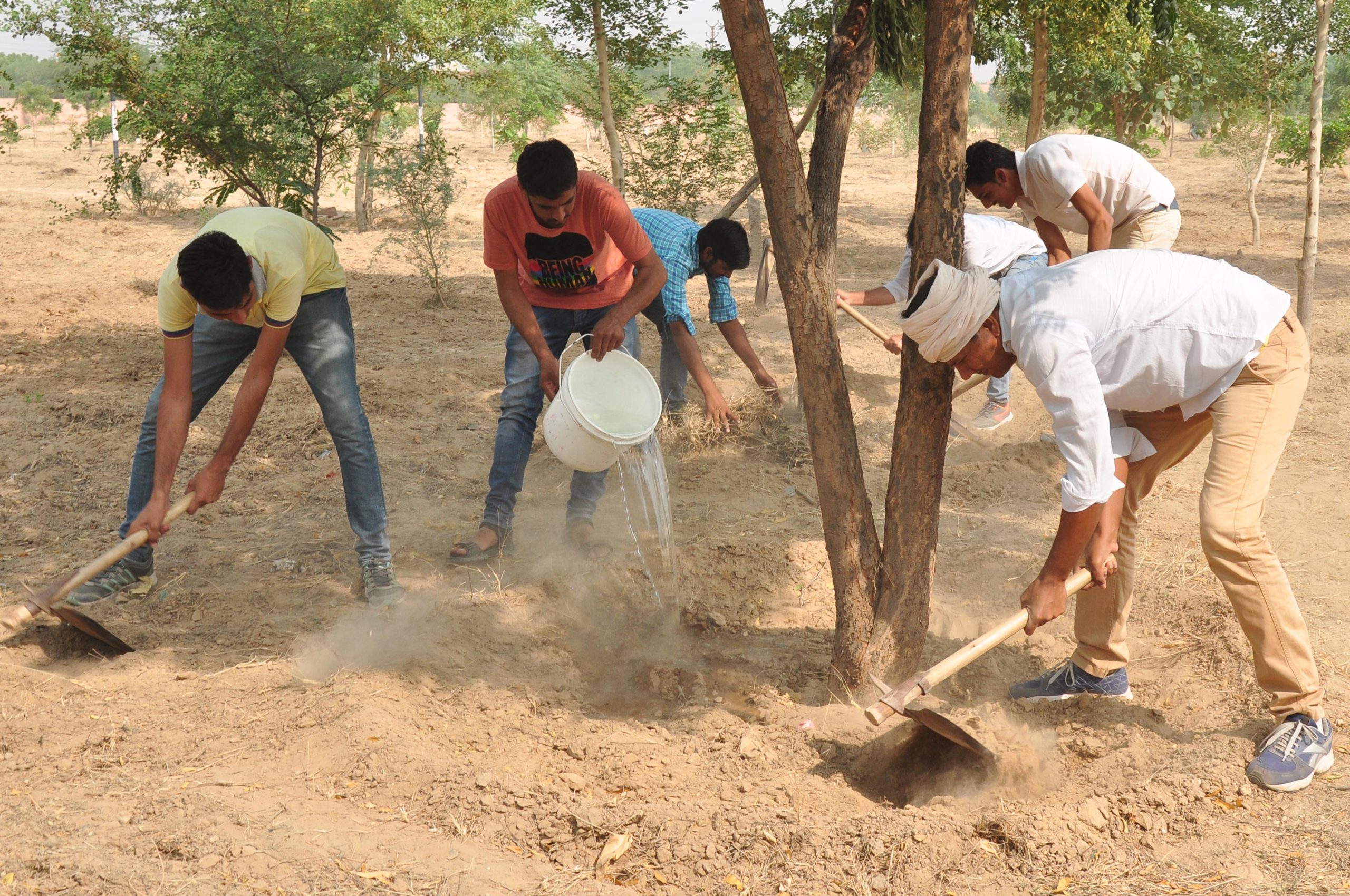
Who has already
made the pledge?
Pledges submitted before 1st December 2022 were featured at our launch at COP15 in Montreal Scroll down to see all members on our map (pledges in blue) or download a list of pledged universities here.

Make the pledge
We are inviting universities, colleges and higher education institutions to make a Nature Positive Pledge. This is a commitment to start a nature positive journey, incorporating a biodiversity baseline, targets, actions and annual reporting.
This needs to be made by senior management on behalf of the institution as a whole. There are ways for all parts of a university to be involved.
Making a Nature Positive Pledge is a commitment to address the impacts and influence of an institution on nature, but does not imply endorsement of the institution and its policies or activities by the University of Oxford or the UN Environment Programme.
Student Ambassadors
We are developing a thriving Student Ambassadors programme, empowering students to take action for nature on their campuses towards a nature-positive goal and share experiences and resources with other students across the world. We currently have over 450 students from 40 countries who join monthly green skills workshops on different biodiversity topics, network and learn from their peers, and take actions on their campuses.
We invite students from universities, colleges and higher education institutions to join our international network to link up with students around the world wanting to make changes for nature on their campus and at their institutions and start a nature-positive journey with us.
UNIVERSITIES
Over 1800 people from 731 universities have joined the Nature Positive Universities network
COUNTRIES
Universities from 104 countries are represented by our network
PLEDGES
High level pledges received from senior management of 183 universities across 46 countries
STUDENT AMBASSADORS
1041 student ambassadors from 66 countries have signed up to 2025/26 programme to take action on their campuses
Members Map
The grey dots on the map represent people from universities that are part of the Nature Positive Universities network. These are people from across universities – students, researchers, staff and senior management who have signed up to be part of our community.
Please contact us to connect with other members of your organisation who are part of the network. (Please note that pledges take a day or so to appear on the map.)
Universities who's senior management have taken the nature positive pledge are highlighted in blue.
Universities with student ambassadors are circled in orange.
Case studies
We are building up a resource of case studies from our network showcasing different aspects of the journey towards Nature Positive. Together we are much more than the sum of our parts and we invite you to share your activities with us and learn from each other.
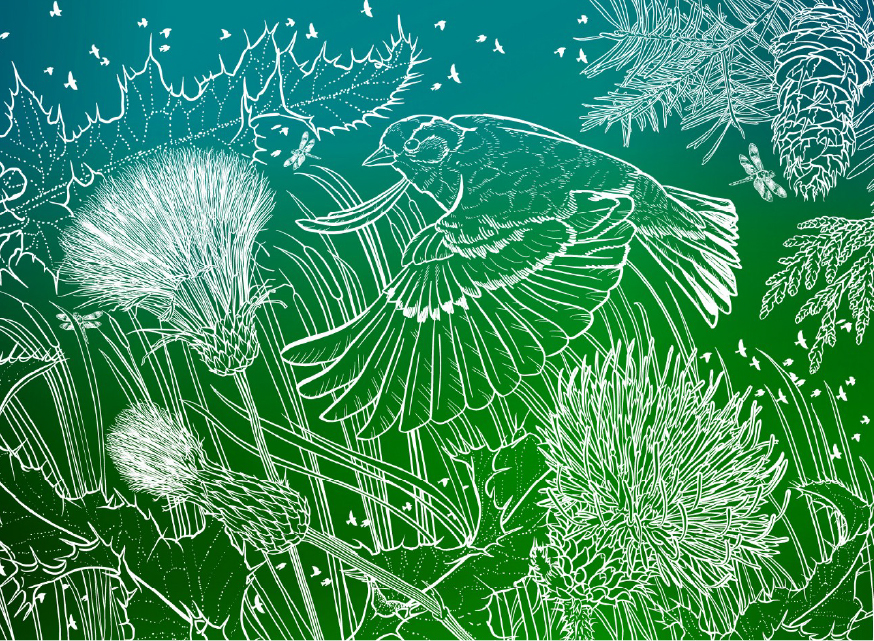
Bird friendly buildings at UBC, Canada
Vancouver’s shiny, tall, mirror-like buildings are an attractive and much-photographed sight. So too is the local wildlife, with Vancouver boasting one of the highest densities of wintering birds of any Canadian city. Unfortunately, the combination can turn those beautiful reflective glass windows into bird killers. See how UBC community members are flocking together to bird-proof campus buildings.
University of Oxford publishes Biodiversity footprint
A comprehensive assessment was completed of the biodiversity losses associated with activities at the University of Oxford. The 60 activities assessed included the day-to-day running of buildings and transport services; travel (including flights) for students and researchers; construction of laboratories and other buildings; consumption of food and beverages at restaurants and cafeterias; and use of medical supplies and other materials in research labs.
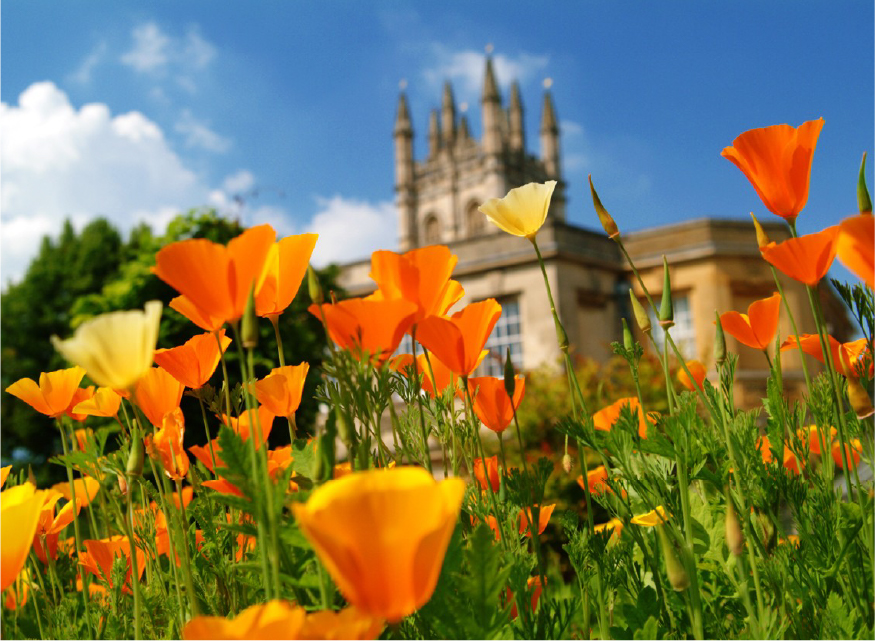
Featured Student Ambassadors

Favour (Nigeria)
Favour started a nature group to increase student activism on her campus at University of Benin and has organised countless activities such as community litter picks, awareness-raising events and outreach to local schools.
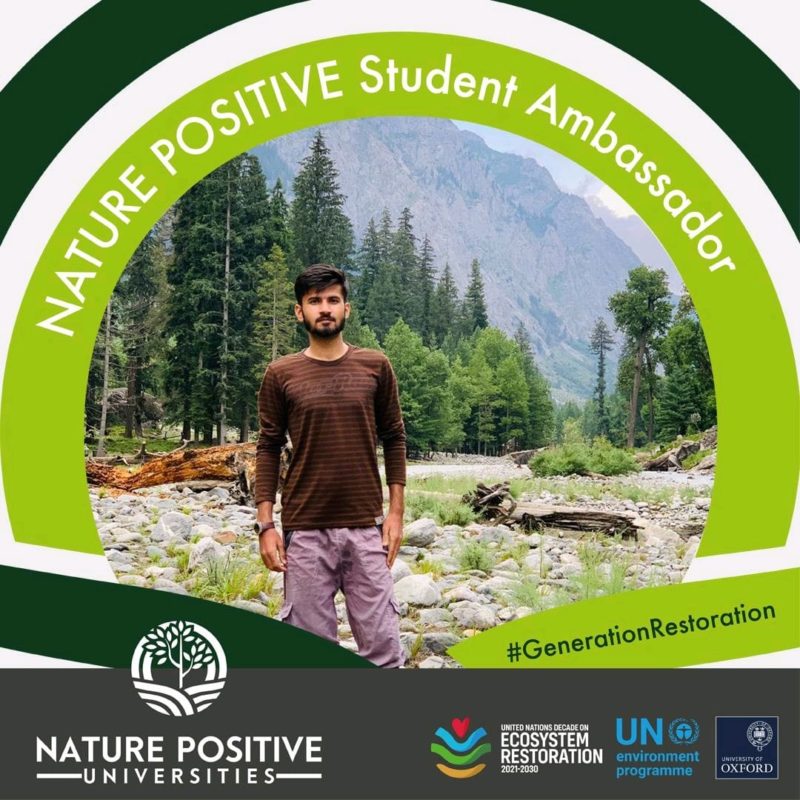
Muhammad (Pakistan)
Muhammad is a student of Forestry at University of Haripur where he is involved with afforestation and aims to increase the diversity of plants on campus. He has successfully campaigned to get his university to make a Nature Positive Pledge.
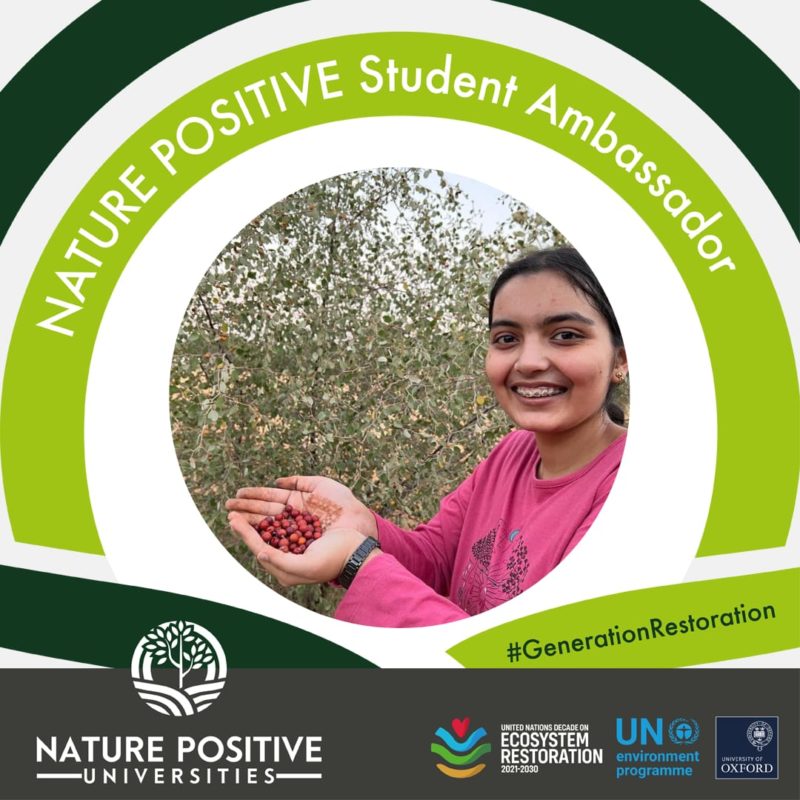
Avani (India)
Avani is an active volunteer with Familial Forestry at Government College Dungar, Bikaner. She has helped nurture and distribute 75,000 saplings in her community and assists in combatting desertification through native planting.
